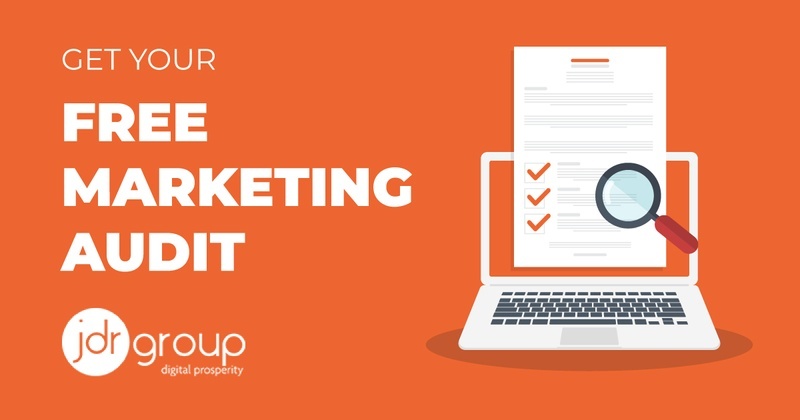How To Beat The Marketing Hype And Win Real Business With Inbound Marketing

What is the ultimate purpose of ‘inbound marketing’? Speak to five marketing professionals and you might get five different answers, depending on the area of marketing they specialise in. An SEO specialist, for example, may claim that the holy grail of marketing is to reach the number one spot on Google for important keywords, while someone who specialises in social media may measure success by your number of shares, and a content marketing expert might pat themselves on the back if a blog post gains a record number of visits. Slightly more down-to-earth, a marketer dealing in lead generation might deem their job a success if their efforts result in relevant sales enquiries coming through your website, and a PPC specialist might consider their goal to be reducing your cost per click on Google Ads.
All these points of view are correct in their own way, but they miss the big picture of marketing. When you strip away the hype, the purpose of inbound marketing is to win real business, make you money, and reduce your cost of doing so. In other words, marketing is an integral part of the sales process, and to see it as anything else is to miss the purpose.
How do you strip away the hype surrounding inbound marketing and keep your activities focused on building revenues and securing new customers?
The only real way to strip away the hype is to identify your desired goals and work backwards from there. And these goals, or marketing objectives, should be directly aligned with your business targets to have relevance. As with high level business targets, marketing objectives require a strategic approach to succeed – hence our emphasis on following a marketing strategy for small businesses, and not simply on pursuing different marketing tactics independently.
This systematic approach, which filters down from your marketing objectives to individual KPIs for different tactics that you can then measure and analyse, ensures that the core purpose of your marketing investment is always front and centre, and that due attention is paid to the means of getting there, and the expense of doing so.
Managing your resources and keeping your costs down
Businesses come to marketing with a finite set of resources, employees, and capabilities. As an SME, your budget and human resources may not be as huge as some of your larger competitors, but almost any marketing objective can be achieved through inbound marketing, so long as your ambitions are realistically achievable, and that your marketing strategy effectively manages your resources, recognises limitations, and controls costs.
A convenient resource management strategy is to evaluate each proposed action in terms of your capabilities, your capacity for action, and any limiting constraints (e.g. your budget, staff resources, lack of time etc):
- Staffing/human resources – how many people and what skills do you need to deploy your marketing strategy? Do you have these resources in-house, or would you benefit from working with a partner agency to increase your reach and capabilities?
- Materials – what physical materials and software assets are required for your success? Many small businesses benefit from investing in specific marketing automation software to streamline their efforts and provide better visibility.
- Time - how much time is required to implement your marketing strategy, can this requirement be optimised to save time, and do you have the resources to do this in house?
- Money/ROI – how much money do you have available to spend on marketing, and what are the best ways to optimise your budget to get the most value, and in what areas can costs be saved?
The importance of analytics and marketing
Ultimately, to control costs and get the best ROI from marketing, you need to adopt digital analytics as a core part of your marketing strategy. Digital analytics takes performance data from every online marketing activity, campaign, and channel, making a careful note of the impact of your actions on conversion rates, website visitors, bounce rate, website leads, and other important metrics.
This focus on data not only helps keep your team focused on the bread-and-butter costs and rewards of your marketing efforts, but also gives you the visibility you need to become more efficient, to reduce your costs, and obtain better results.
What next?
At JDR, we offer small businesses a range of tailored business development services that combine the best and most cost-effective digital sales and marketing tactics to achieve your goals. We follow a straightforward, no-nonsense approach to marketing that focuses on revenues and real-world results, cutting past the jargon to make inbound marketing more accessible to SMEs.
To discuss your sales objectives and find out more about how inbound marketing can help you achieve and exceed your goals, please call 01332 343281 today.
Image Source: Unsplash



